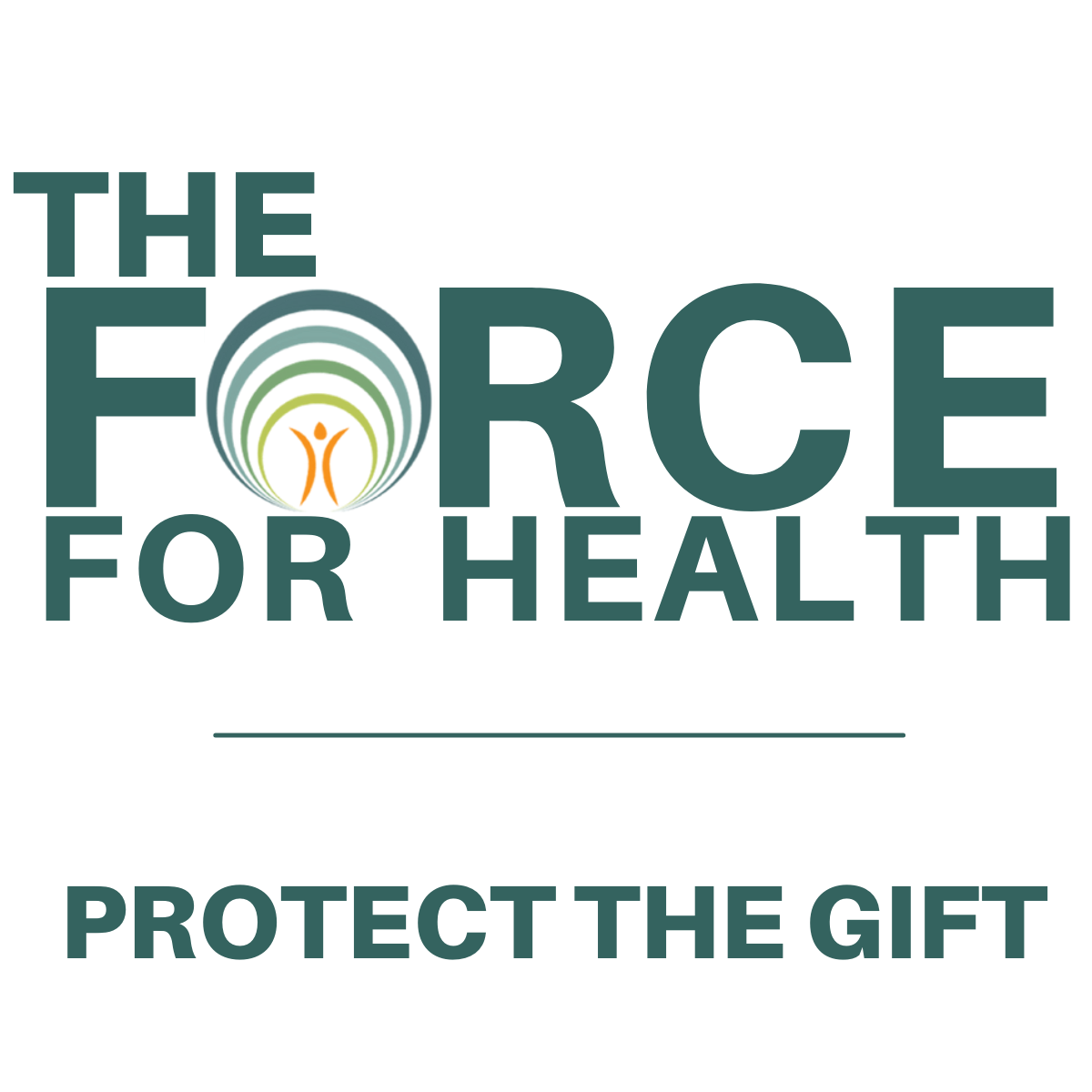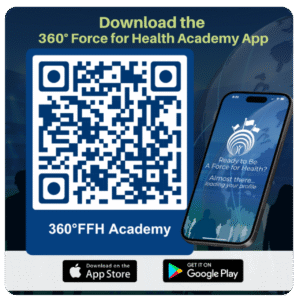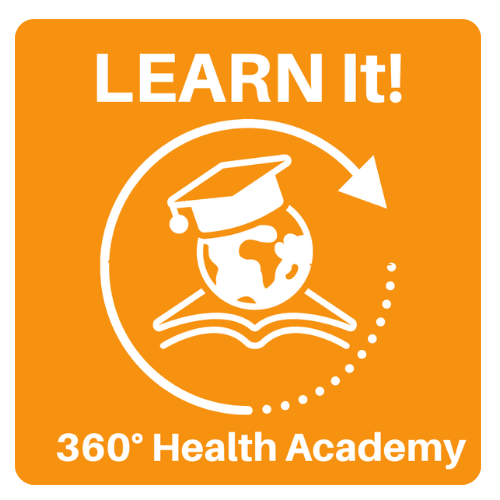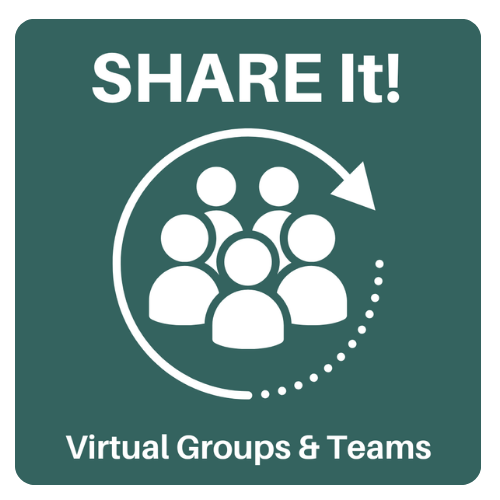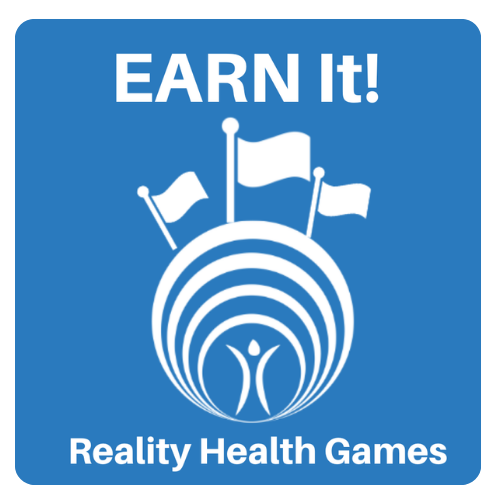| Advancing the DREAM - What it means to me |
Dr. Martin Luther King, Jr.’s statement resonates deeply with me because I have witnessed firsthand the devastating effects of health disparities in underserved communities, particularly among African Americans. Inequalities in access to quality healthcare, higher rates of maternal and infant mortality, and chronic disease disparities are not just statistics, they are barriers to justice and opportunity. To me, Advancing the DREAM means committing to breaking down these barriers through advocacy, education, and direct action in public health. In the spirit of Dr. King’s legacy, I aim to address systemic inequities by promoting health equity, empowering disadvantaged populations, and working toward a healthcare system that values every life equally.
|
| My Action Pledge to Advance the DREAM? |
My Action Pledge to Advance the Dream in 2025 is to focus on improving maternal and infant health outcomes in underserved communities. I will advocate for equitable access to quality prenatal and postnatal care, provide education on maternal health, and work to address systemic barriers that disproportionately affect African American women and children. Through community engagement, policy advocacy, and collaboration with healthcare organizations, I will dedicate my efforts to reducing disparities and ensuring that every mother and child has the opportunity to thrive. My pledge is to be a voice and a force for equitable health solutions, embodying the spirit of action and commitment needed to truly advance the Dream.
|

 17,250
Learn It! Coins
17,250
Learn It! Coins
 338
LIVE It! Coins
338
LIVE It! Coins

